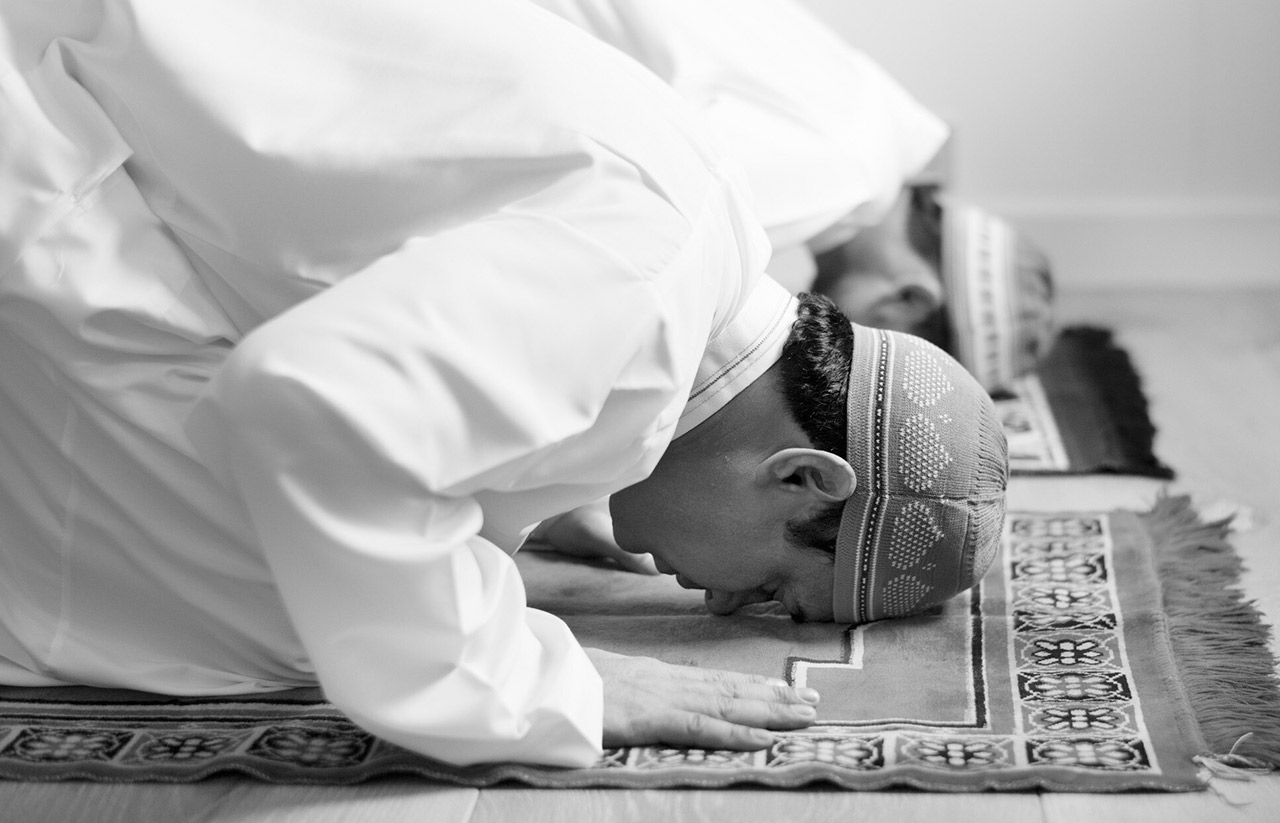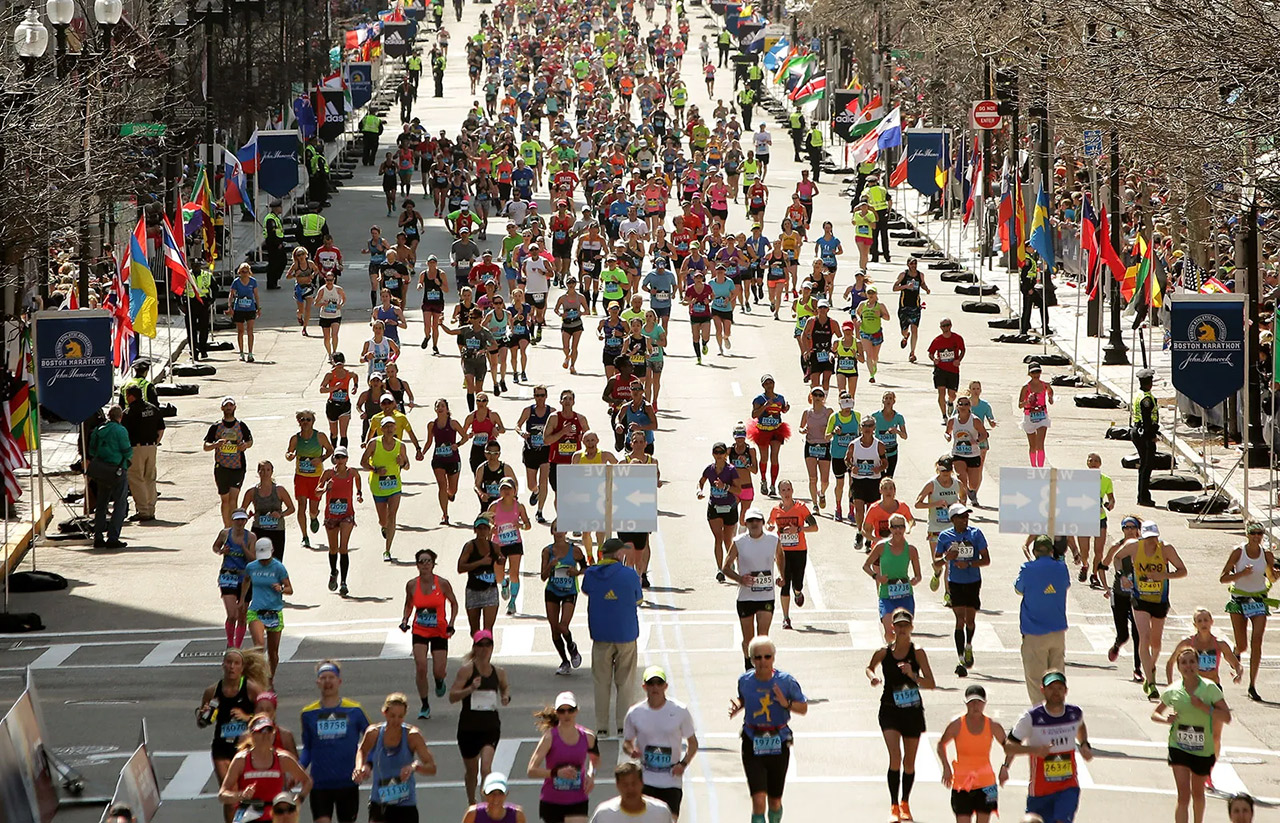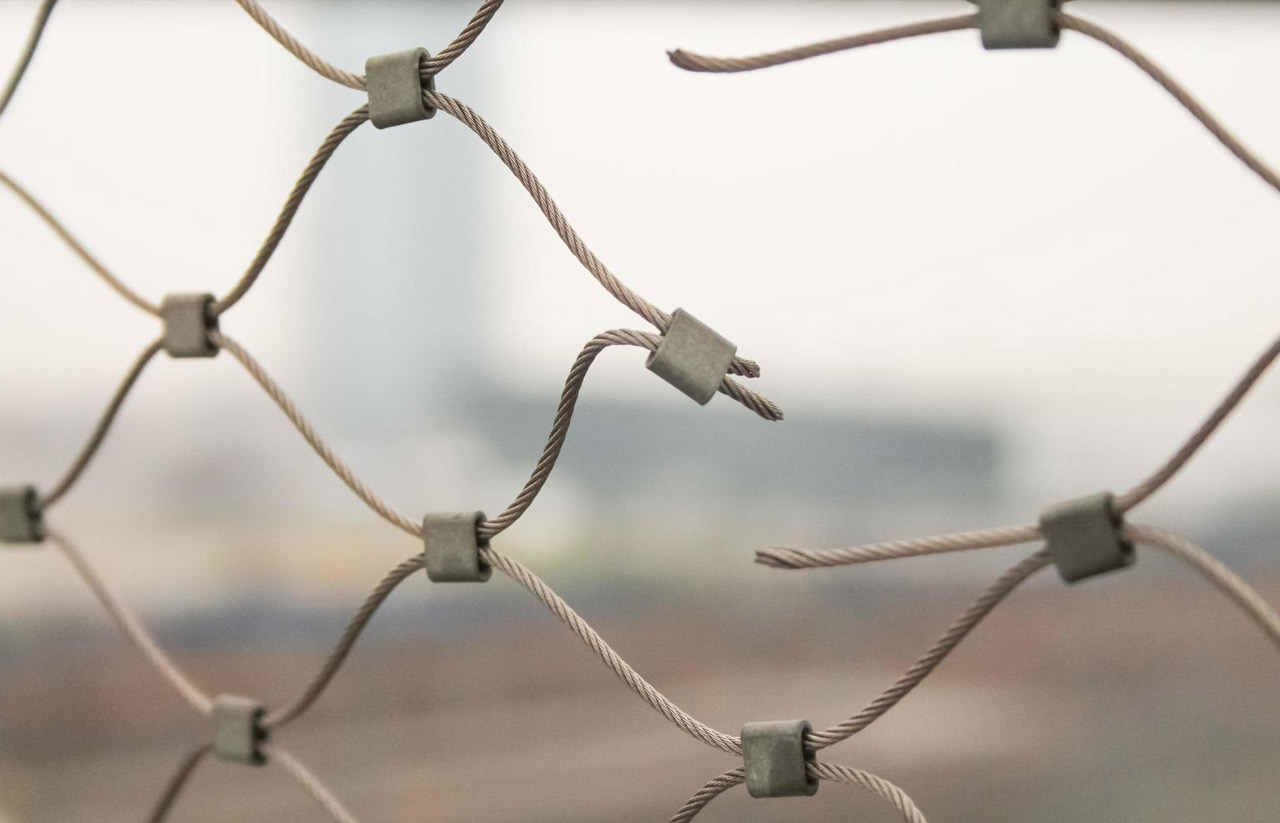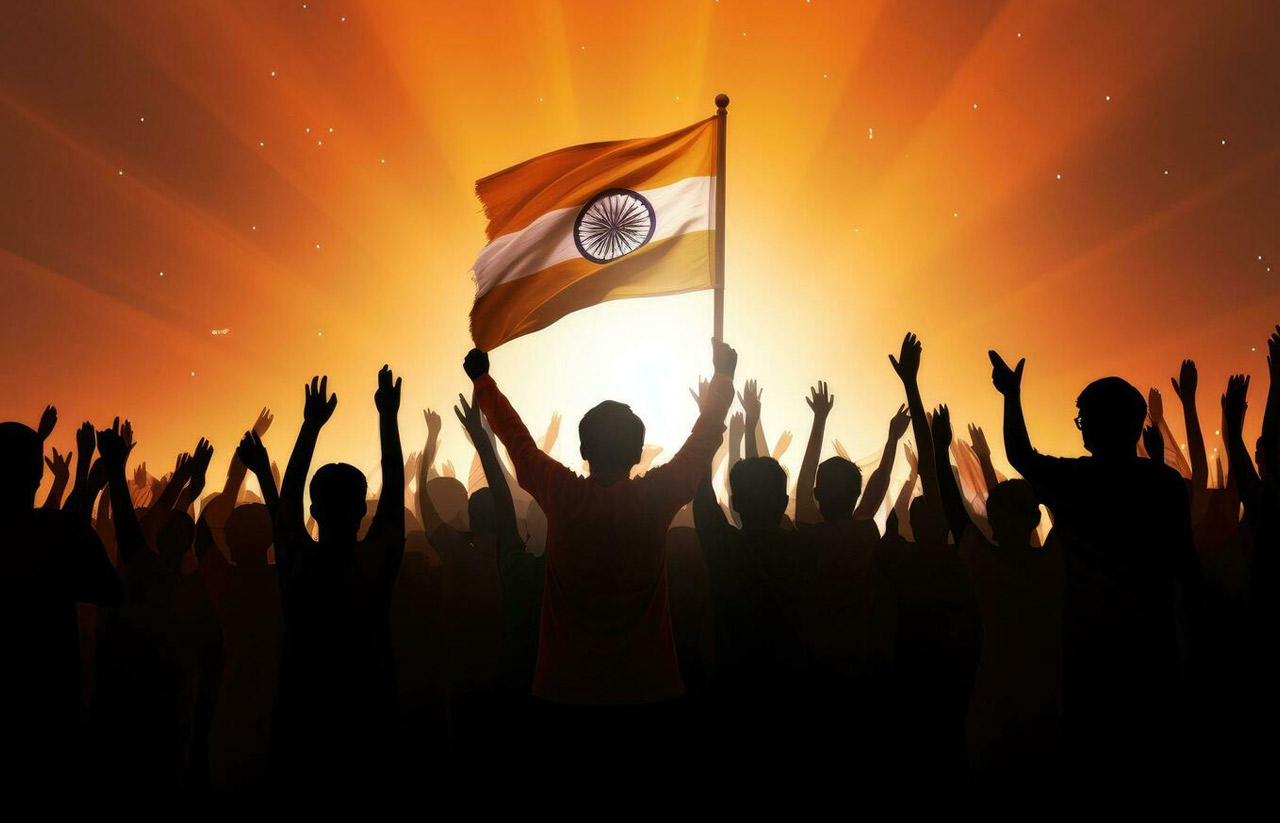Drawing Parallels from Emergency to Present-Day
The Emergency period, spanning from 1975 to 1977, marked what folks say was arguably the most darkest chapter in India’s political history. Stemming from Prime Minister Indira Gandhi’s decision to suspend democratic freedoms and impose authoritarian rule, it is notable that the Muslim community underwent an abundance of mass hatred and bigotry. This period saw a significant curtailment of civil liberties, resulting in the stifling of political and social expressions within the Muslim community and where the religious population finds itself now modern-day India. The infliction upon the fundamental rights of citizens raised the question as to why the Emergency was declared by PM Gandhi. Speaking to the government’s ability and the PM’s decision to declare Emergency, those grants are permitted under the provisions of Article 352, stating that an Emergency can only be declared if war, external aggression, or internal disturbances are present to the country.
At the time, PM Gandhi cited internal disturbances as the reason for the Emergency, many till date debate that one decision’s ultimate repercussions on the country. With many saying it felt like a ‘democratic nation was being converted into an autocratic one.’ One of the glaring examples of this suppression was the mass arrest and imprisonment of political leaders, activists, and journalists during the time frame. Muslims, often associated with opposition parties, found themselves disproportionately targeted, persecuted, and further prone to marginalization and banishment. The suspension of democratic norms not only impeded political activities but also created an environment of fear and self-censorship among Muslims, restricting their active participation in public discourse. The censorship of media during the Emergency period also exacerbated the suppression of minority voices, hindering the free flow of information and obstructing the ability of Muslim communities to articulate and raise their concerns to the world as injustices were actively being committed against their people. This form of suppression engendered and fostered a climate of fear and self-censorship that left a lasting impact even after the Emergency period had concluded. The censorship of media also draws parallels to the situations Indian Muslims continue to face now- just under a different name, the BJP.
The BJP government which has been in control since 2014, has had repeated accusations of prohibiting free speech with their ban on media and promotion of only Hindutva (Hindu nationalist ideals) news stories. In recent years, India has undoubtedly witnessed a seismic shift in its political landscape with the rise of the BJP party and their nationalistic agenda. The policies and propaganda of the government have come under intense scrutiny, with allegations of systematic marginalization especially pertaining to the Muslim community coming to light. Most notably, the Citizenship Amendment Act (CAA) and the National Register of Citizens (NRC) has raised concerns about discriminatory practices that disproportionately affect Muslims. One poignant example is the contentious implementation of the NRC in Assam. Assam, home to one of the largest Muslim populations in India has seen the most brutal effects of the Modi government’s regime. With Muslims unable to produce adequate documentation, they faced the looming threat of having their citizenship revoked and being declared as illegal residents. This process not only jeopardized the citizenship rights of Muslims but also propagated a narrative of exclusion and other implications based on religious identity and spread the sentiment rapidly throughout the country about the Indian Muslims and their national identity and alliance.
Furthermore, the discriminatory impact of the CAA, which provides a path to citizenship for non-Muslim migrants, has heightened tensions and raised questions about the government’s commitment to prioritizing democracy and keeping India a secular and inclusive nation. The fact that religion could become a basis for citizenship further steers the nation away from democracy, as stated, “The Hindu nationalist Bharatiya Janata Party (BJP)-led government in December 2019 adopted the Citizenship Amendment Act, which for the first time makes religion a basis for citizenship. The act, together with a planned nationwide verification process to identify “illegal migrants,” can threaten the citizenship rights of millions of Indian Muslims. (Human Rights Watch) The portrayal of Muslims as potential threats to national security in political discourse and media channels across the country only further contributes to the marginalization of Muslim voices and the anti-Muslim hate.
The rise of divisive rhetoric and the targeted marginalization of minority voices have created an environment where Muslims feel increasingly excluded from the mainstream narrative, also leading to more shocking revelations such as the rise in lynchings and against Muslims under the Modi government and the Modi government’s inciting of violence against Muslims.
The erosion of democratic norms and the sidelining of minority concerns challenge the foundational principles of the ‘so-called’ democratic and inclusive India.
Sources:
- 2022 Report on International Religious Freedom: India
- Freedom in the World: India
- It’s Time India Accept Responsibility for Its 1984 Sikh Genocide
- Authoritarianism and Anti-Muslim Violence: Comparing the Emergency to Today
- “What we are seeing in India is a religious freedom crisis”—Human rights advocates call for end to religious persecution in India following Modi’s visit to US
- What Prompted the Farmer Protests in India?
- Genocide Emergency: India
- Today’s India Has All the Markers of a Failing Democracy. But the Situation Is Not Irreversible.
- India Accidentally Hired a DEA Agent to Kill Sikh American Activist
- We had no choice: Indira Gandhi told Margaret Thatcher on Operation Bluestar
- India: Protests, Attacks Over New Citizenship Law Muslims Face Discriminatory Policies; Protesters Targeted





